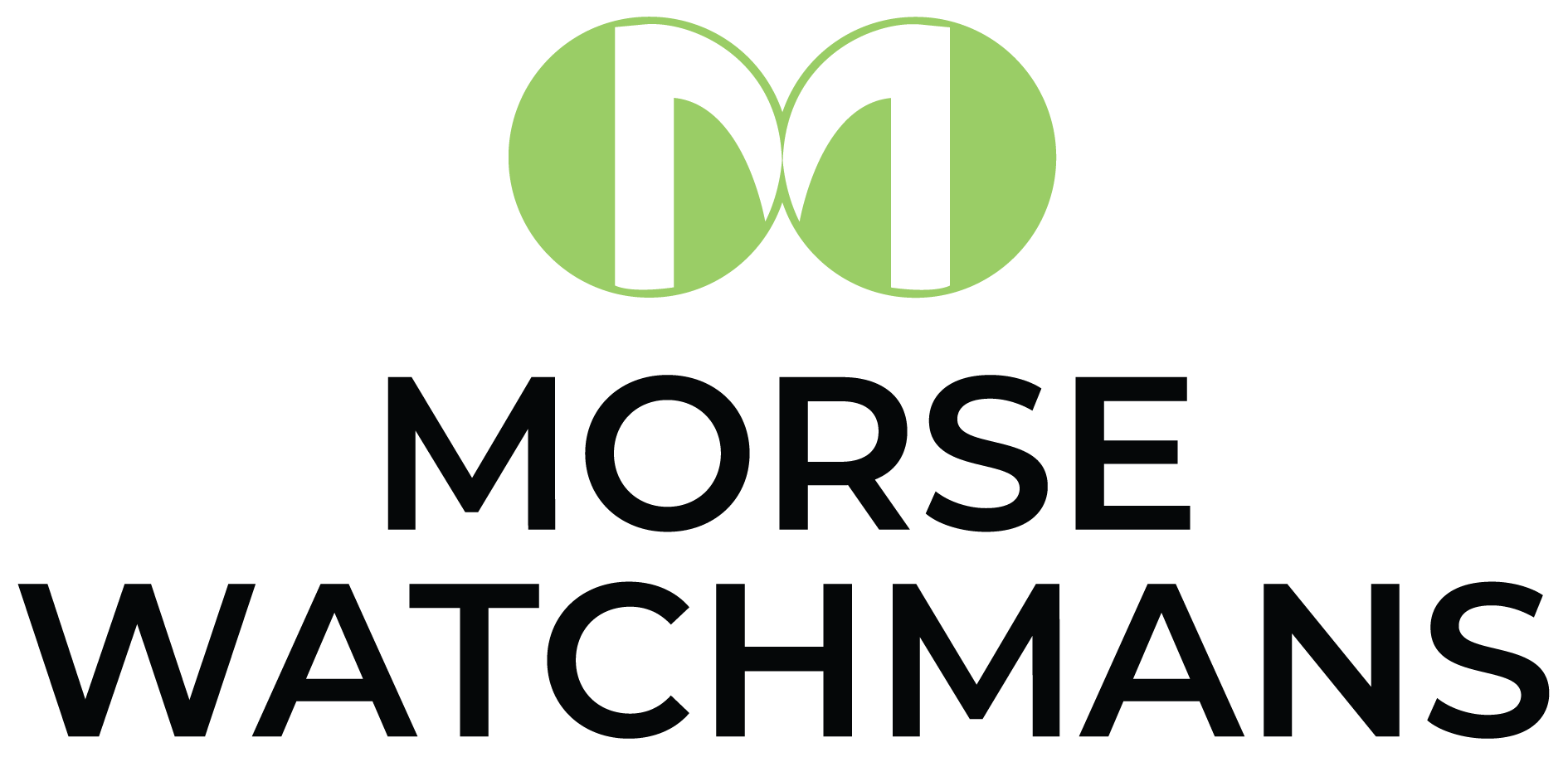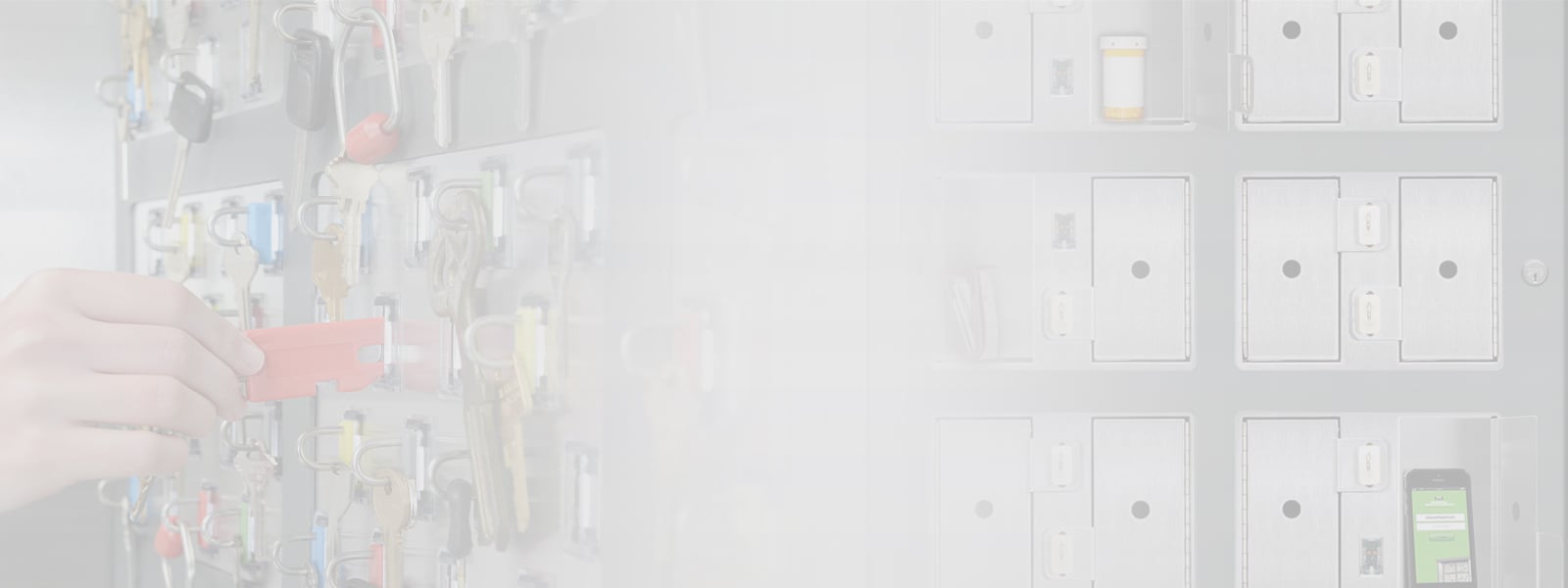 Hotels play host to priceless experiences: family vacations, million-dollar views, and once-in-a-lifetime adventures. But as every hotel executive knows, it is the assets inside that are even more valuable: people, property, and sense of safety. Protecting hotel assets therefore requires an iron-clad approach to security, also known as zero trust.
Hotels play host to priceless experiences: family vacations, million-dollar views, and once-in-a-lifetime adventures. But as every hotel executive knows, it is the assets inside that are even more valuable: people, property, and sense of safety. Protecting hotel assets therefore requires an iron-clad approach to security, also known as zero trust.
With the help of key control solutions, hotels can easily begin implementing zero trust security policies that start working on day one.
What Is Zero Trust?
Zero trust began as an IT-centric approach to securing networks that works by assuming that every connection and endpoint is a threat. When extended to physical security, the deploying organization assumes that every individual on site is a threat. Under this assumption, individuals, regardless of whether they are inside or outside the organization, are required to be authenticated, authorized, and regularly validated before being granted access to secured areas. Instead of automatically trusting those inside the organization (i.e., employees), zero trust requires validation at every access point.
In a hotel setting, for example, it would not make sense for a housekeeper to have access to every guest room while he/she is not on the clock. Similarly, it would not make sense for a maintenance employee to have access to recreation storage facilities nor for a vendor to have access to event spaces beyond the dates they are hired for. Zero trust physical security solutions enforce rules and policies that prohibits these risky scenarios from occurring.
Why Zero Trust Matters in Hotels
Insider threats, or those individuals working within an organization to cause it harm, are a direct threat to hotels today. The Ponemon Institute reports that insider threat incidents have risen 44% between 2020 and 2022. For hotels, an insider threat incident can look like a bellhop stealing supplies out of the maid cart supply room or, worse, an ex-employee using a stolen access card to enter guest rooms unlawfully. Consequences of such insider threat incidents can range widely to include theft, loss, physical harm, loss of customer confidence, costly liability judgements, or worse. It therefore makes sense for hotels to adopt a zero trust physical security approach now as a way to immediately limit insider threat risks.
FREE WHITEPAPER: Key and Asset Security for Hotels
Achieving Zero Trust with Key Control
Key control solutions puts zero trust into action by limiting access to keys, access cards, and other small assets to authorized users only. Tamper-proof hotel key systems are designed to release assigned keys/access cards only to users with the proper authorizations. The identity of users requesting keys can be confirmed in a variety of ways, including a numerical code, proximity card, fingerprint, or a combination of these. Integrated software further runs activity reports based on different criteria, allowing management to generate useful information to help mitigate hotel access control issues. Alerts can also be sent to the floor manager if an individual tries to remove a key that he/she is not authorized to use or attempts to leave the building without returning a key.
Key control solutions make it possible to grant hotel employees access only to areas required to do their job for the period of time they will be there and nothing more. In this way, a key intended for use by housekeeping cannot be accessed by maintenance or after hours and vice versa. This goes for keys and access cards related to guest rooms, cash boxes, storage facilities, facility lockers, and more. Hotel key control also provides vendors and contractors with localized access without the giving access to the entire hotel. The capabilities outlined above put in to practice the very principals outlined by zero trust – “never trust, always verify”.
Learn more about key control and asset management systems for hotels and start implementing zero trust solutions today.



